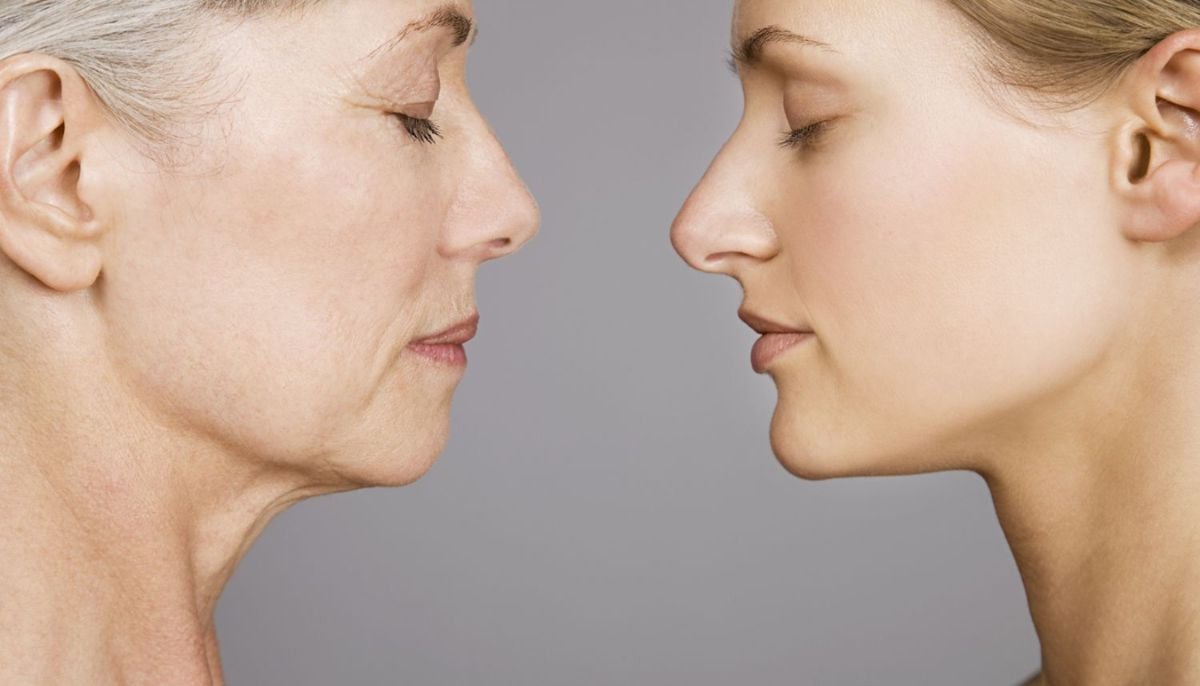What are symptoms of an anxiety attack?
People can also go through anxiety when there is no identifiable stressor
An anxiety attack may be described as physical symptoms of anxiety which include faster breathing, nausea, dizziness, headaches and more.
In addition to being feelings of fear and worry, it can be a reaction to stress. Moreover, people can also go through anxiety when there is no identifiable stressor.
In the Diagnostic and Statistical Manual of Mental Disorders or DSM, there is no set definition of an anxiety attack. Notably, the definition of an anxiety attack is subjective and people may also say that they are experiencing an anxiety attack when in actuality they are describing a panic attack.
That is why it is important to be aware about the physical symptoms, which may be described as an anxiety attack
Feeling lightheaded and dizzy, a churning feeling, or a “knot” in the stomach, restlessness, faster breathing, diarrhoea, sweating, hot flushes, nausea, pins and needles, headaches and backaches and a fast or irregular heartbeat are considered symptoms of an anxiety attack, reported Medical News Today.
Additionally, anxiety may also have a specific trigger, such as an exam, workplace issues, a health issue, or a relationship problem.
It can also be a sign of an anxiety disorder, if it is persistent as well as have symptoms that are less intense than a panic attack.
Furthermore, it usually develops gradually when a person feels anxious.
In addition to being mild, moderate or severe, anxiety tends to develop gradually, and a person is usually worried or concerned at the outset.
-
Lewis Capaldi details 'impact of Tourette' on his career
-
Christina Applegate struggles to leave bed amid multiple sclerosis battle
-
Demi Lovato bravely admits she is ‘not ashamed’ of having bipolar disorder
-
Can humans reverse aging? Harvard scientist predict revolutionary breakthrough
-
How Liam Payne’s death impacted awareness about mental health
-
Taylor Swift expresses how negative body comments triggered her
-
Lady Gaga details how eating disorder affected her career: 'I had to stop'
-
Celebrities who struggle with infertility












